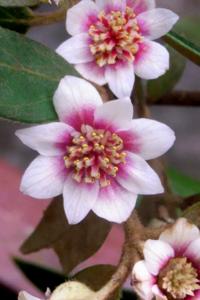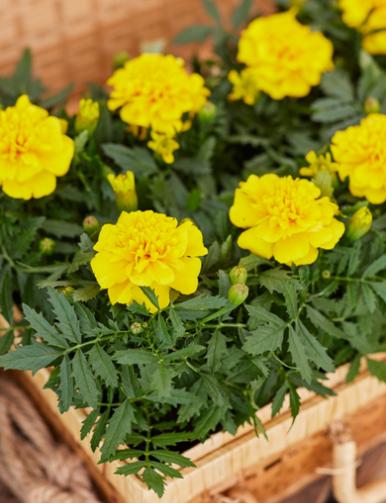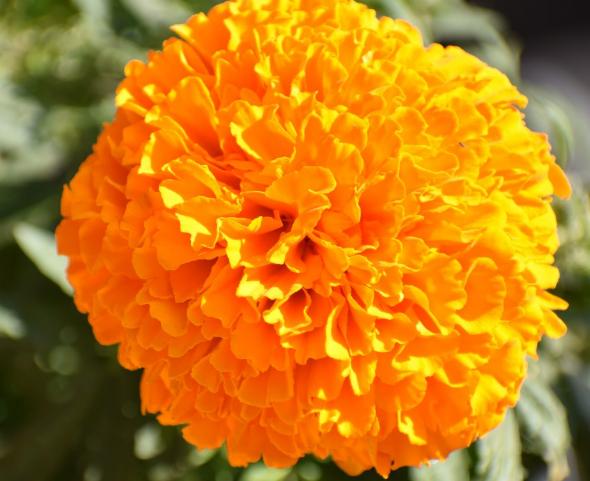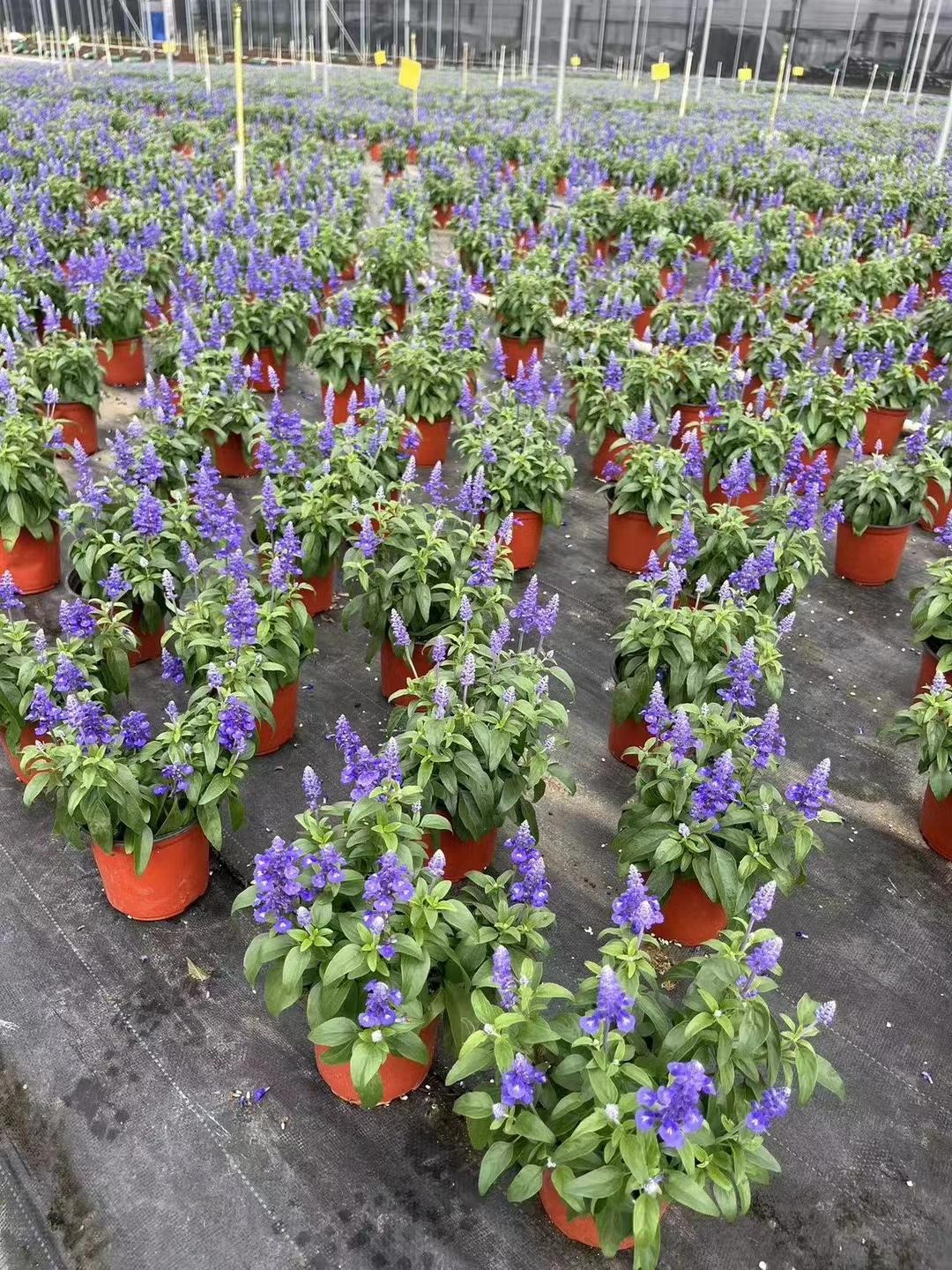The Atherosperma plant, also known as the “Tasmanian sassafras,” has an intriguing story to tell. Indigenous to Tasmania, this unique plant is famous for its aromatic qualities and distinctive heart-shaped leaves. According to local folklore, the Atherosperma was believed to have magical powers that provided protection and good luck to those who possessed it. Legend has it that ancient tribes would use its leaves in healing rituals and ceremonies. Today, this plant continues to captivate botanists and nature enthusiasts, who admire its beauty and rich history.
Picture

Plant some seeds now!
Short Description
Atherosperma moschatum, the southern sassafras or blackheart sassafras, is an evergreen tree native to the cool temperate rainforests of Tasmania, Victoria, and New South Wales in Australia. It is common in the rainforests of Tasmania and Victoria, but more scattered and rare in the higher altitudes of eastern New South Wales. The northernmost area is at Mount Grundy, west of Port Macquarie.
Description
The southern sassafras is a small to medium-sized tree, growing around 6 to 25 m tall. However, in Tasmania, it can reach heights exceeding 40 m and a width of 1 m. It can be identified by the conical shape, the pale green leaves, and fragrant scent.
The bark is grey to light brown, with numerous lenticels, raised bumps and ridges. The leaves are 3 to 10 cm long and 8 to 25 mm wide, margins are coarsely toothed, but the northern population in Monga National Park, the Blue Mountains, Barrington Tops and at Mount Grundy has narrow, mostly entire leaves. Leaves, twigs, and flowers are fragrant, of a pleasant nutmeg scent.



